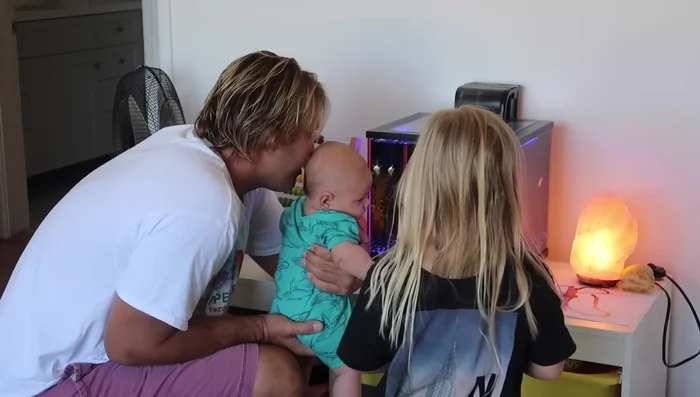Those first few months with your newborn are a whirlwind of wonder, filled with tiny yawns, gurgles, and the sheer joy of new parenthood. But did you know this precious time is also a crucial period for brain development? Your baby's brain is rapidly forming connections, laying the foundation for future learning and cognitive abilities. While you're busy soaking up every precious moment, simple, fun activities can significantly boost your little one's brainpower, creating a strong and healthy start to life. The bond you build through these interactions is just as important as the activities themselves.
These early months are about stimulating your baby's senses and encouraging interaction. This isn't about pushing your baby to achieve milestones early, but rather about providing a rich and responsive environment to foster healthy development. From tummy time adventures to soothing sounds and engaging visual stimulation, we'll guide you through a series of easy-to-implement activities that will enrich your baby's experience and help them thrive. Ready to embark on this exciting journey of brain-boosting fun? Let's dive into our step-by-step guide!
Preparation and Safety Guidelines
- Blanket
- Flashlight
- Sensory books
- Teething rings
- Rattles
- High-contrast toys (or DIY options)
- Optional: Lime or other sensory items
- Always supervise your baby closely during any activity. Never leave them unattended, even for a moment.
- Ensure all toys and objects are age-appropriate and free from small parts that could pose a choking hazard.
- Stop any activity immediately if your baby shows signs of distress, discomfort, or fatigue.
Step-by-Step Instructions
Social Interaction & Communication
- Allow baby to study your face. Mimic their expressions.
- Describe activities, surroundings, and conversations to the baby.
- Introduce signs for common activities (diaper change, nursing).
- Make exaggerated expressions to help your baby recognize emotions.


Social Interaction & Communication Sensory Exploration
- Uninterrupted time for baby to study their hands and body movements.
- Use black and white high-contrast images or create your own.
- Shine a flashlight on a wall in a dark room and create shadows.
- Offer rattles, teething rings, or other easy-to-grasp toys.


Sensory Exploration - Offer various textures and materials for baby to touch and explore.

Sensory Exploration Stimulating Environments
- Play music in the background, dance with your baby.

Stimulating Environments
Read more: Colorful Crayon Surprise! Play-Doh Fun!
Tips
- Observe baby's cues for tiredness (yawning, sneezing, looking away) and stop activities if needed.
- Developmental leaps occur around 5 weeks (contrast/shadows) and 7 weeks (patterns, grasping).
- Around 5-6 weeks, babies will start to exhibit their first social smiles.






